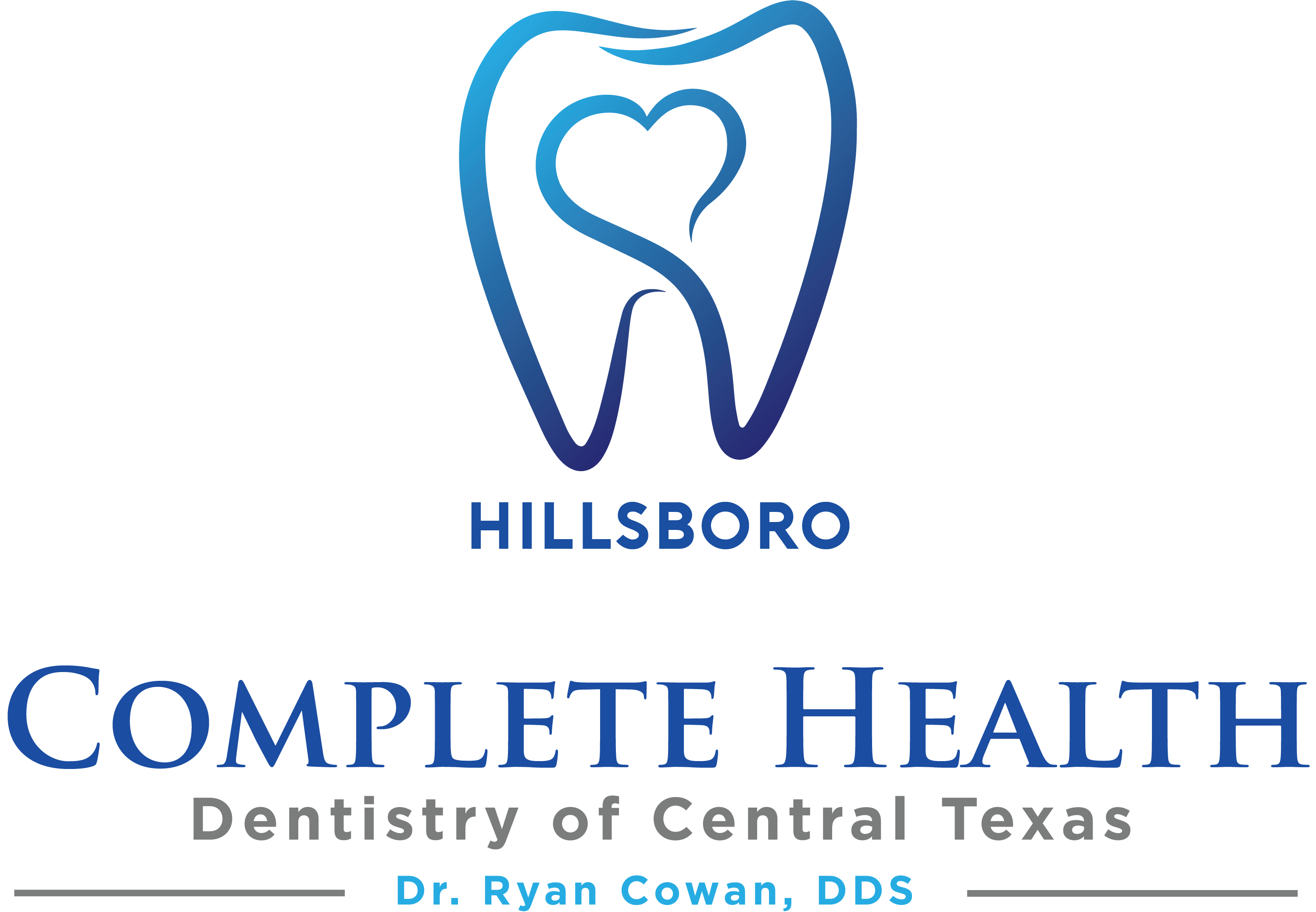First you might notice that your lips are cracked or you have a dry, murky feeling in your mouth. Then it seems like your cheeks stick to your teeth and you are having difficulty swallowing. Worst of all you’ve discovered you have bad breath. This desert like feeling could very likely be ‘dry mouth’ or xerostomia.
Dry mouth is so common that not a day goes by that a patient does not come in questioning me about their parched mouth feeling. Most patients whom I diagnose with dry mouth either regularly take prescription medications or have a history of cancer therapy. Nearly all medications list dry mouth as a frequent side effect and most cancer therapies destroy the glands that produce saliva.
Patients with a dry mouth complain of general oral discomfort and difficulty talking. I readily observe small dry fissures at the corners of the mouth and a funny white film that coats their oral cavity. Often my mirror will stick to my patient’s cheek as I do my examination due to the lack of lubrication. My patient with a dry mouth will also have an increased likelihood of cracked teeth or fillings due to dried out enamel and deep cavities along the roots of their teeth due to a lack of natural antibodies found within saliva. This certainly is a tragic condition for my patient and my sympathy is immediately expressed.
Is there an oasis in this desert? Unfortunately, very few direct treatments, like a medication, exist. Of the medications that treat dry mouth, most have unusual side effects like excess sweating that most patients find uncomfortable. Some indirect treatment options like Biotene can be found at your local grocery store. Biotene is an oral rinse that helps limit both plaque formation just like a mouthwash and helps provide a more comfortable oral environment by lubricating your oral tissues. Another treatment for dry mouth uses high doses of fluoride delivered either in a tooth paste or in a tray that fits over your teeth. Fluoride primarily helps limit the formation of difficult to treat root cavities that dry mouth usually results in. The final treatment that I always recommend to my patients is the use of water. Someone who suffers from dry mouth should keep a bottle of water with them at all times, taking small sips on a regular basis.
I hope this information can be of help. I know that many suffer from dry mouth. I encourage you to contact my office so that I can assist with this common problem.
Dr. C



